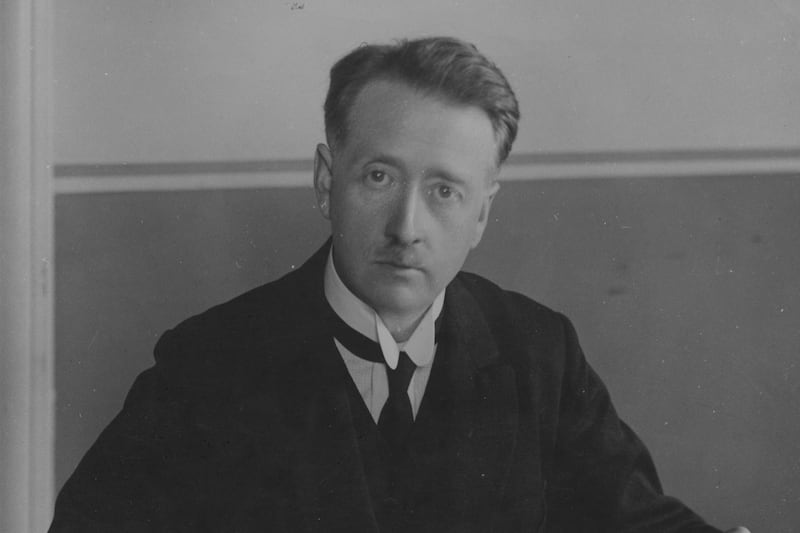October 30 1923
DERRY travelled to Clones on Sunday to meet Monaghan in the post-final of 1921.
It will be remembered that in the winter of that year the Monaghan selected started to travel to Derry to meet the latter in that year’s final and, reaching Dromore, in the Co Tyrone, the motors in which the team travelled were surrounded by Specials, and the entire team arrested and imprisoned for a considerable time.
Sunday’s match at Clones, therefore, saw the finish of the delayed fixture. Mr Joseph McMahon, formerly of Cavan, held the whistle. The score of the visitors resulted in one solitary point, taken in the first half, while the home team finished with a score of two goals and two points. Monaghan, 2 goals 2 points; Derry, 1 point.
The arrests of the Monaghan footballers on the original date for the Ulster football final in January 1922 set off a series of events including the kidnappings of loyalists from Tyrone and Fermanagh, the Clones Affray, and an outbreak of sectarian violence in Belfast in February 1922, the most brutal incident being the killing of four children and two women by a bomb on Weaver Street.
Read More
- On This Day in 1923: Anti-Irish 'Stunts' in English papers
- On This Day in 1973: I Stay On, Says President Nixon
The Boundary – Conference Now Suggested by Free State Minister
Speaking on the North-Eastern situation at Dun Laoghaire last night, Mr Kevin O’Higgins, Free State Minister of Home Affairs, said no problem of the government had received more thorough, more painstaking, more scientific attention.
The case is prepared. He said the facts and relevant statistics are available. “I am convinced, as I can be about anything, that if a little more sense and a little less hysteria had been displayed here, the two sections of our people – so long estranged – would by this time be working in harmony for the good of the common country. Unfortunately, a die-hard mentality here played the game of the die-hard mentality in the North, and its counter-part in England, and the hope of a speedy union and better understanding was doomed to be deferred.
"Our own position has been clear throughout. When, on behalf of the Irish people, we accepted the Treaty with Britain it was the Treaty we accepted, neither more nor less. There should be no misunderstanding about that either here or in the North-East. The Treaty stands as an integral document. No one article, more or less binding than any other portion. The Treaty is now embodied in an Act of Dáil Éireann and in an Act of the British Parliament. It is binding alike on both governments."
A declaration by Kevin O’Higgins that his and the Irish Free State government’s policy towards the North was through the 1921 Anglo-Irish Treaty, including its provisions for a Boundary Commission. He was open to a conference with the northern government, though, and an alternative “arrangement even more conducive to the welfare of the country as a whole than the operation of the Treaty provisions”.








